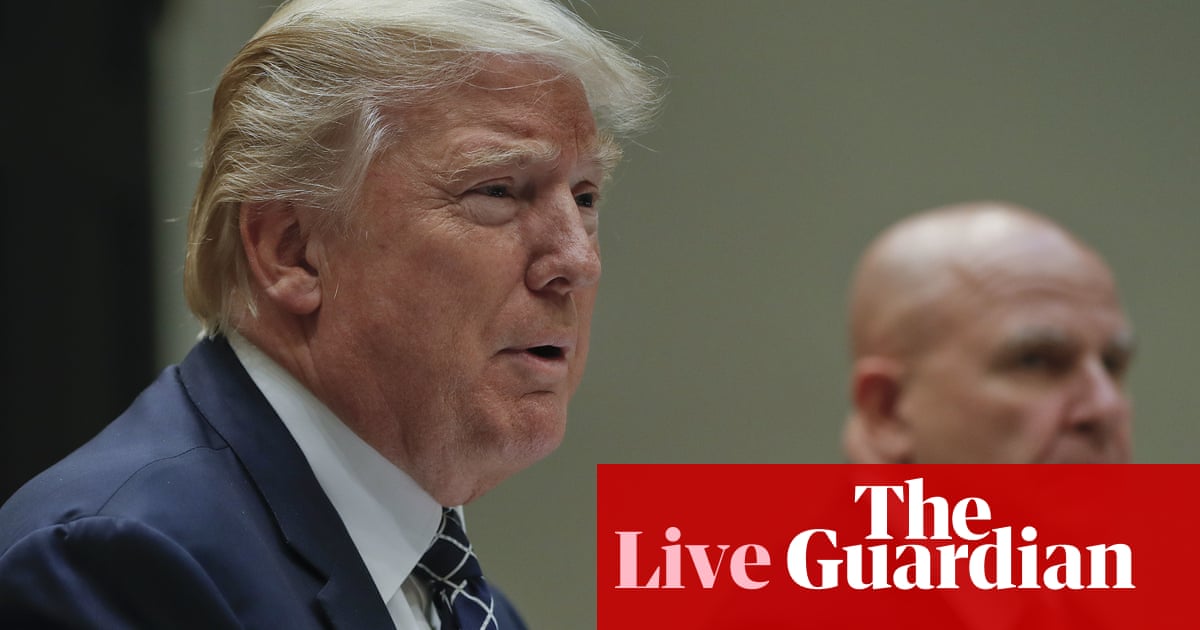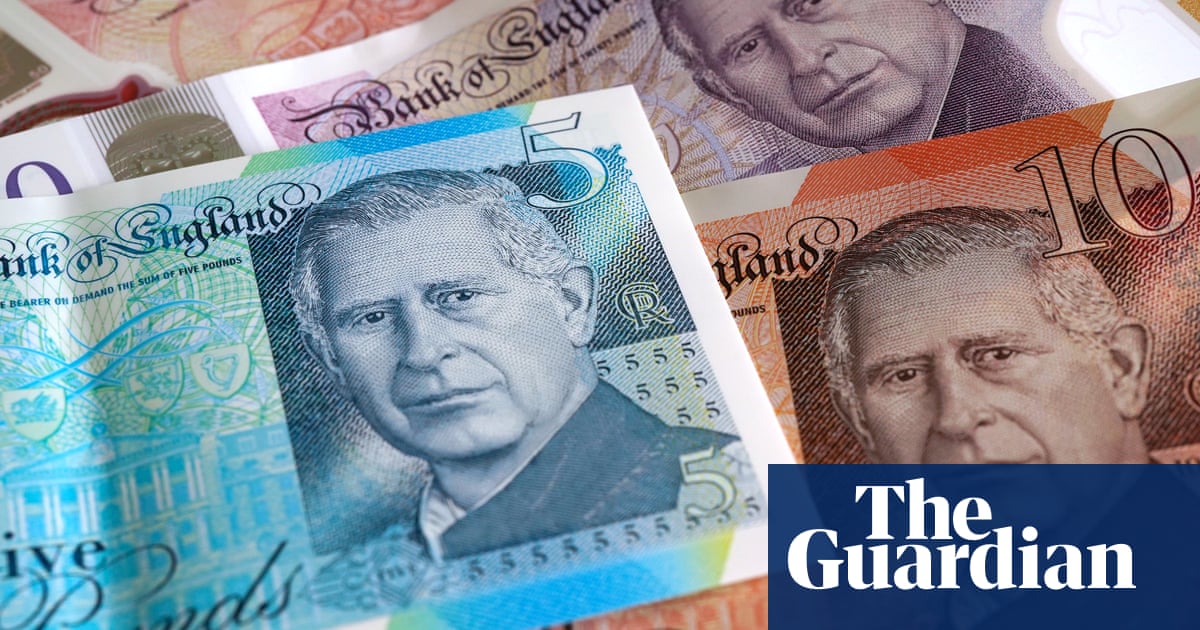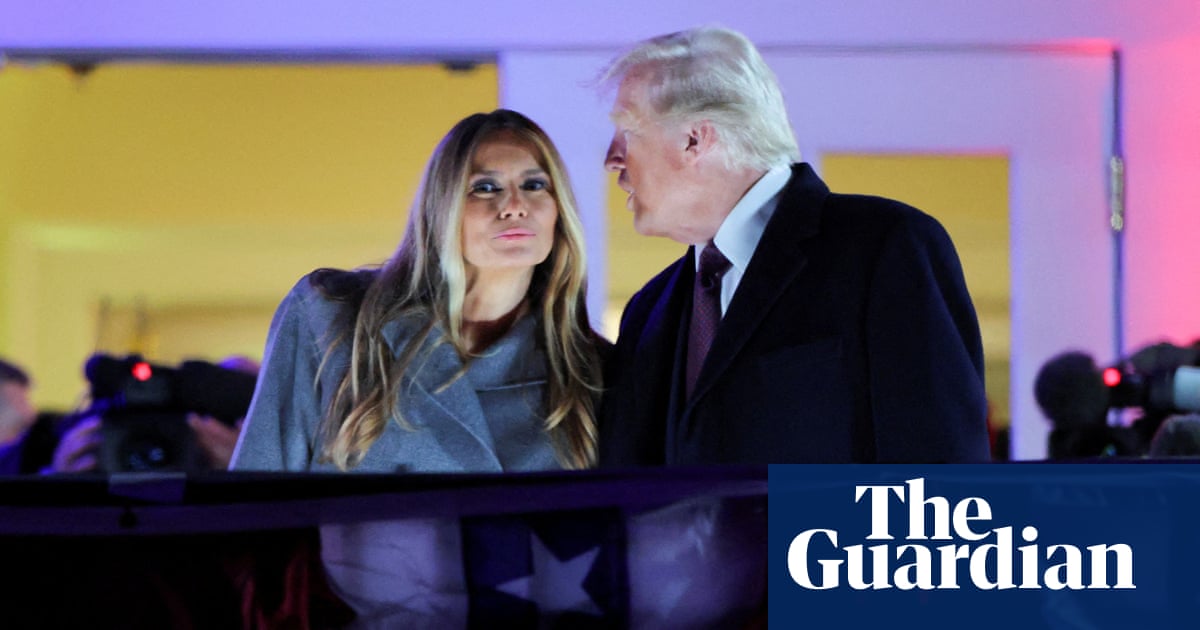Moscow is seeking to secure the future of its key military bases in Syria while making inroads with the country’s new rebel leadership, after the dramatic collapse of the Assad regime threatened to erode Russia’s influence in the Middle East.
Russia has kept a sizeable airbase in north-west Syria and a naval facility at the Mediterranean port of Tartus since Moscow’s military intervention helped President Bashar al-Assad reclaim most of the country after nationwide protests that began in 2011.
After the collapse of Assad, the Kremlin’s staunchest ally in the Middle East who has fled to Moscow, Russia appears to be turning to diplomacy to preserve its influence in Syria, engaging in a flurry of activity with the rebels it had labelled as terrorists only days earlier.
The Kremlin spokesperson Dmitry Peskov told reporters that the Russian authorities were taking all “necessary steps to establish contact in Syria with those capable of ensuring the security of military bases”.
Earlier, a source in the Kremlin told Russian state media that the Syrian opposition leaders had agreed to guarantee the safety of Russian military bases and diplomatic institutions in Syria.
The two bases hold an outsized importance to Russia: the Tartus facility gives Vladimir Putin access to a warm water port, while Moscow has used the Hmeimim airbase as a staging post to fly its military contractors in and out of Africa.
The key question now, observers said, is whether Russia manages to reach an agreement with Syria’s new leaders to hold on to its bases.
“I assume Russia wants to hold bases if they can through negotiations,” said Dara Massicot, a senior fellow at Carnegie Endowment for International Peace. “Resources they can offer: money, barter, oil and gas, limited mercenaries. What matters is if the Syrian coalition would entertain anything from them.”
Massicot said that as of Monday, most of Russia’s military assets remained at the two bases. “If evacuation happens, it will be obvious,” she said.
The Kremlin offered little insight into the future of the bases, stating that it was too early to determine what lay ahead for its military presence in Syria.
In the background though, Russian officials appear to have launched an outreach campaign targeting the leaders who toppled Assad.
In the last 24 hours, Moscow and its state-controlled media have notably softened their rhetoric towards the Islamist group HTS, which led the stunning revolt against Assad that caught much of the world by surprise.
RIA Novosti and Tass, the two leading Russian news agencies have transitioned from labeling HTS as “terrorists” to describing them as “armed opposition”.
The contrast is telling: just days earlier, during a press conference in Doha, Russia’s foreign minister, Sergei Lavrov, visibly angered, emphasised that HTS was a western-backed terrorist organisation that “shouldn’t be allowed to seize land in Syria”.
In another sign of Russia’s eagerness to engage with the new leadership in Damascus, the Syrian embassy in Moscow raised the three-starred flag of the Syrian rebel groups on Monday morning.
Shifting gears, the Syrian ambassador in Moscow delivered a scathing critique of Assad in an interview with Russian state control RT. They said: “The escape of the head of this system in such a miserable and humiliating manner … confirms the correctness of change and brings hope for a new dawn.”
The Syrian embassy also said it was “awaiting instructions from representatives of the new leadership”, the embassy told Tass.
Russia’s shift in approach appears to have borne some early fruit. In contrast to Iran, whose embassy was ransacked in Damascus, Moscow’s embassy has remained untouched. Tass, citing Syrian sources, also reported that the opposition “had no plans to penetrate” the two Russian military bases.
Observers suggested that Moscow might adopt a strategy in Syria similar to its approach with the Taliban, which had been designated a terrorist organisation since 2003 but was later courted by the Kremlin after seizing power in Afghanistan in 2021.
“Moscow prefers to deal with those who have power and control, [and] discards those who lose them,” said Nikolai Sokov, a former Russian and Soviet diplomat who is a senior fellow at the Vienna Center for Disarmament and Non-Proliferation.
This leaves Assad in a position of irrelevance in the Russian capital, having outlived his usefulness to Putin.
While the Kremlin said that evacuating Assad to Moscow was Putin’s personal decision, Peskov stressed the Russian leader had no plans for a public meeting.
By fleeing to Moscow, Assad follows the path of the former Ukrainian president Viktor Yanukovych, who escaped Ukraine for Russia in 2014 after weeks of street protests that culminated in a bloody crackdown.
Ironically, Assad once tried to reassure the Kremlin that he was not like Yanukovych, asking a Russian official in 2014 to deliver the message: “Tell Putin that I am not Yanukovych, and I will not leave.”
The Kremlin is widely believed to view Yanukovych as a weak leader who failed to suppress unrest swiftly enough. Early reports from Russian-aligned media and pro-war bloggers suggest that Moscow is similarly placing much of the blame for Assad’s downfall squarely on him.
“Bashar al-Assad cowardly fled the country, abandoning everyone and everything … Even Saddam Hussein had the courage, when it was all over, to address the nation,” Rybar, a popular account with links to the Russian defence ministry, wrote on X.

 1 month ago
27
1 month ago
27













































